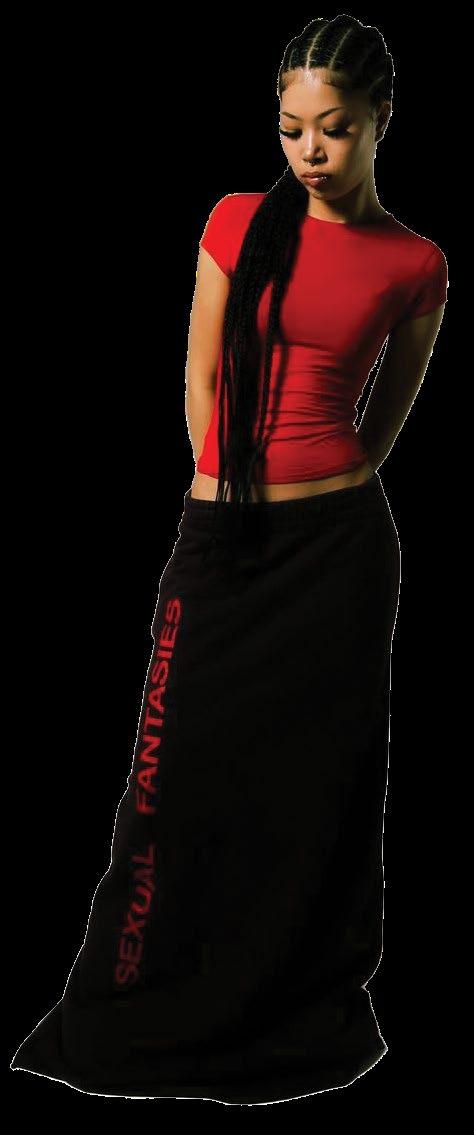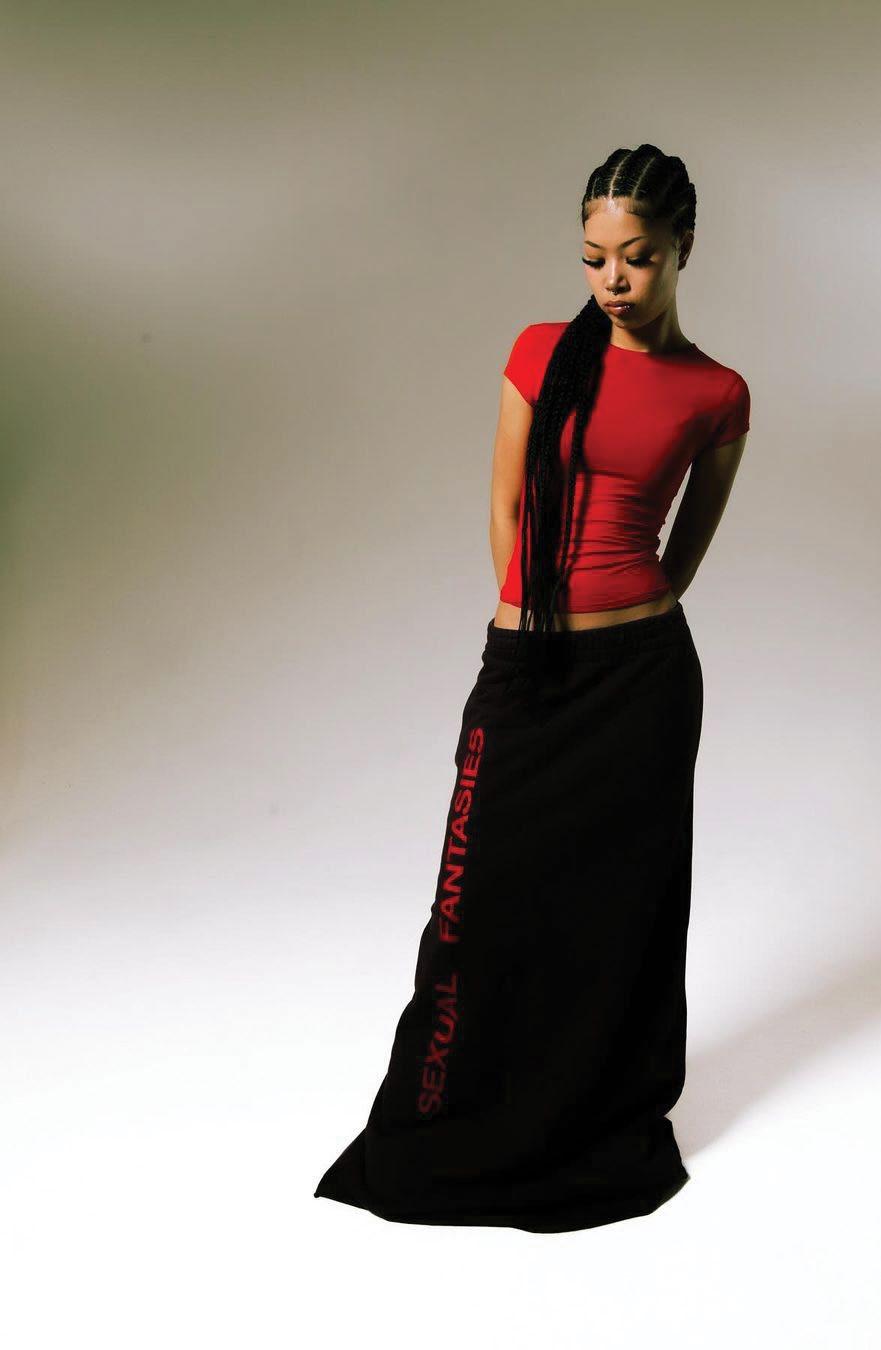
























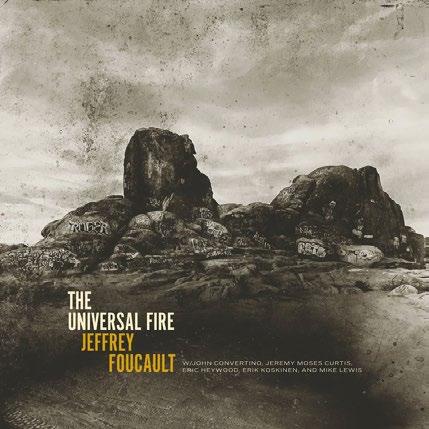
The Universal Fire, the latest album from Americana artist Jeffrey Foucault breathes like a freight train. Lonesome and aching in its simplicity while still burning the candle at both ends, Foucault attempts to step outside of time, perpetually channelling personal hero and folk legend John Prine. With the help of members of Calexico and Bon Iver, Foucault carves out a contemplative album that leans on tradition without needing it to lean back although in the end, he is unable to escape being a musician in a modern world.
Foucault’s first full length album since 2018 (although his discography stretches back to 2001), this singersongwriter came into The Universal Fire a musician with over twenty years of touring experience and a broken heart, and it shows. This album was recorded in a series of live takes from a single room giving it that timelessness best captured by seasoned professionals all playing together in the same place. This is especially clear on songs like the silky
“Monterey Rain” and the ever moving “Night Shift”, each with a swing and grace of musicians firmly locked in the pocket.
The sadness that seems to permeate underneath the whole album stems from the loss of his close friend and drummer, Billy Conway, to cancer in 2021. “We played a midnight show on the wrong side of town, flew home the next day, and a week later Billy called to say he had cancer. I didn’t want to make an album without him, and first he wasn’t ready, and then he couldn’t. Then he was gone,” says Foucault in post on his website.
Foucault’s heartache gives The Universal Fire a humanity that lyrically, he expertly weaves in without being overt or heavy handed. Instead of tales of despondence, we get a languid stroll through his Wisconsin roots, almost as a testament to that monolithic Mid-Western American dream.
A certain type of nostalgia seems to be the name of the game on The Universal Fire, anchoring it in a particular time in Foucault’s past. While this is one the album’s greatest strengths, it also detracts. Locking in on that nostalgia leaves little room for risk taking or experimentation. So when that does happen, the listener is pulled back to the present where, frankly, the summer nights aren’t so sweet, the beer isn’t quite cold enough, and every band plays to a click track.
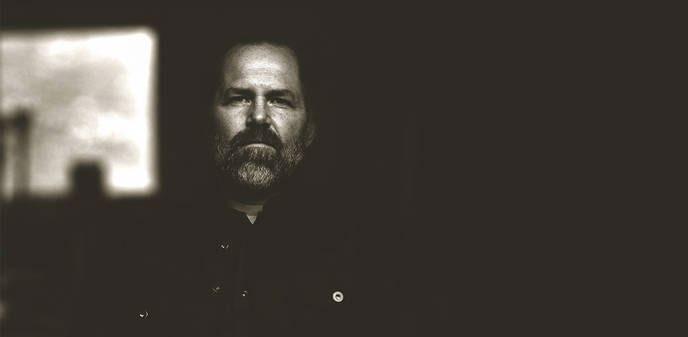




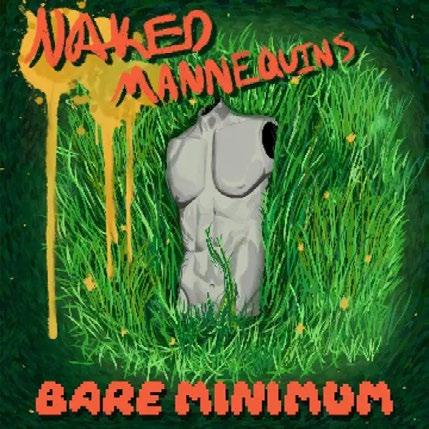
The past few years have been tough for many, but for Greeley’s fuzzed-out emotional indie band Naked Mannequins, it’s been a time of growth. Their debut album, bare minimum, released in June 2024, captures that journey with a mix of raw energy and experiences.
With seven tracks, bare minimum balances vulnerability and power. Frontwoman McKayla Price’s vocals shift effortlessly from soft and delicate to intense and commanding. Paired with guitarist Mikah Martinez’s gritty, sometimes jagged riffs, the band creates a dynamic sound that feels alive. Kassie Smith’s bass and Jacoby Barnhill’s drums add a solid backbone, keeping everything grounded while allowing the songs to evolve naturally.
The album’s sound blends indie rock and punk with emotional depth. Songs like Hometown channel a nostalgic, feel-good energy with jangly guitars and bouncy rhythms, giving off carefree summernight vibes. But there’s more beneath the surface. Tracks like Therapist dive deep into themes of desire and frustration,
delivering a punchy pop-rock anthem with lyrics like “I’m out of time, I’m out of time,” capturing that emotional push and pull perfectly.
Naked Mannequins also show their versatility on bare minimum, stepping away from heavy fuzz with moments like Work in Progress. The track swaps out the electric guitar for a ukulele and brings in a creative rhythm, giving the album a softer, more introspective side that feels refreshing.
Recorded at TBM Studios with engineer Eric Reid, the album’s production stays true to their raw, DIY sound while still feeling clear and cohesive. Tracks like Bulletproof lean into heavier, emo-tinged territory, with emotionally charged lyrics and big guitar riffs. Meanwhile, Monster takes on a darker, grittier tone with eerie vocal melodies and pounding drum rhythms, showing off the band’s willingness to explore different sonic spaces.
The album’s flow keeps the listener engaged, building momentum as each track unfolds. By the time you reach Skewed, a funky, danceable track, the energy is high again, making the whole listening experience feel like a wild ride.
With bare minimum, Naked Mannequins deliver a debut that’s raw, fun, and emotionally rich. Their unique mix of lo-fi indie rock, punk energy, and introspection makes them stand out as one of the most exciting new bands in the Colorado scene.
Support Naked Mannequins and stream bare minimum wherever you listen to music!
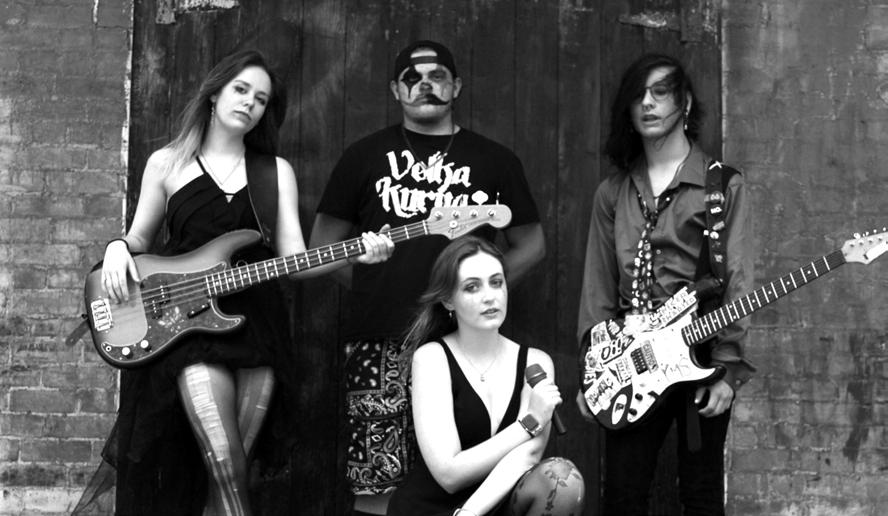







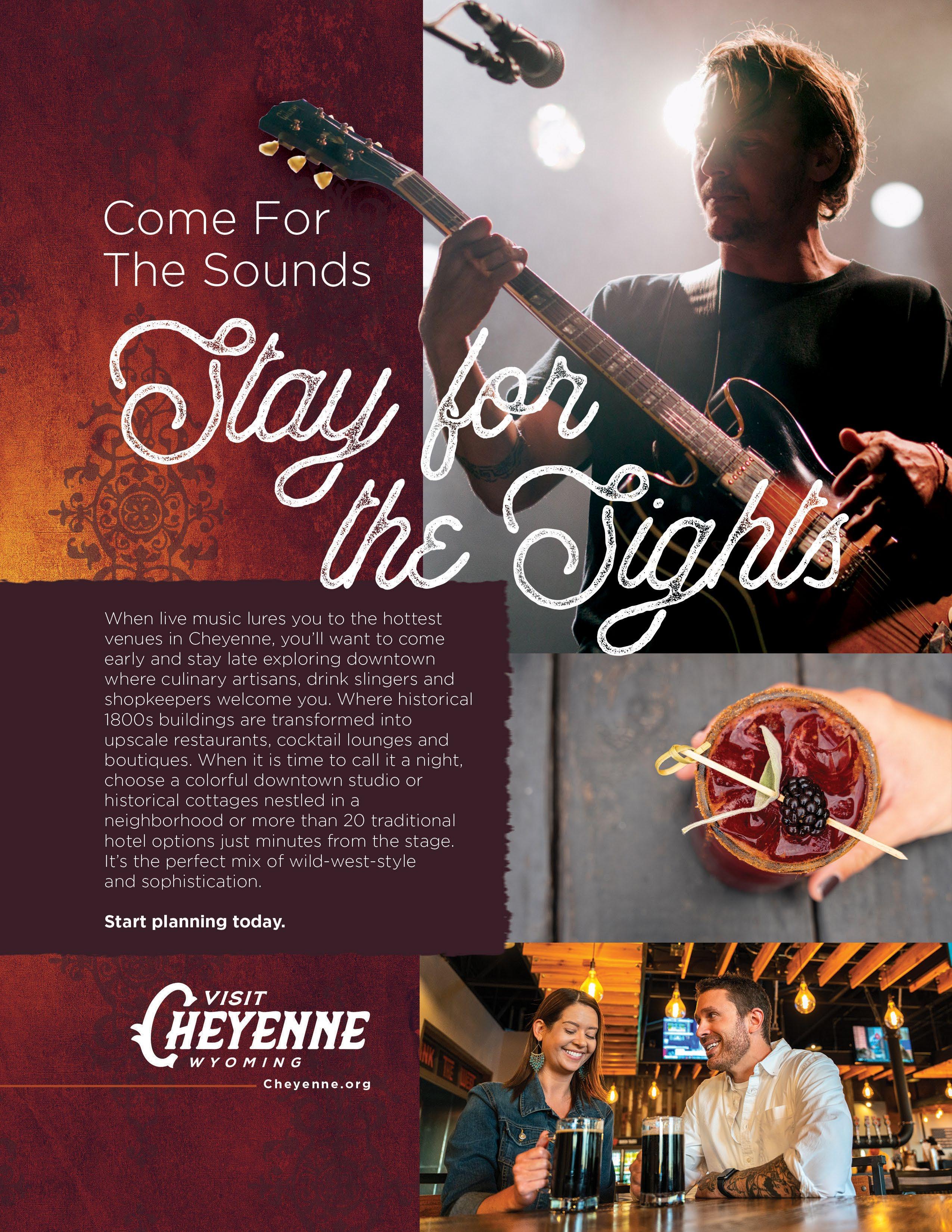

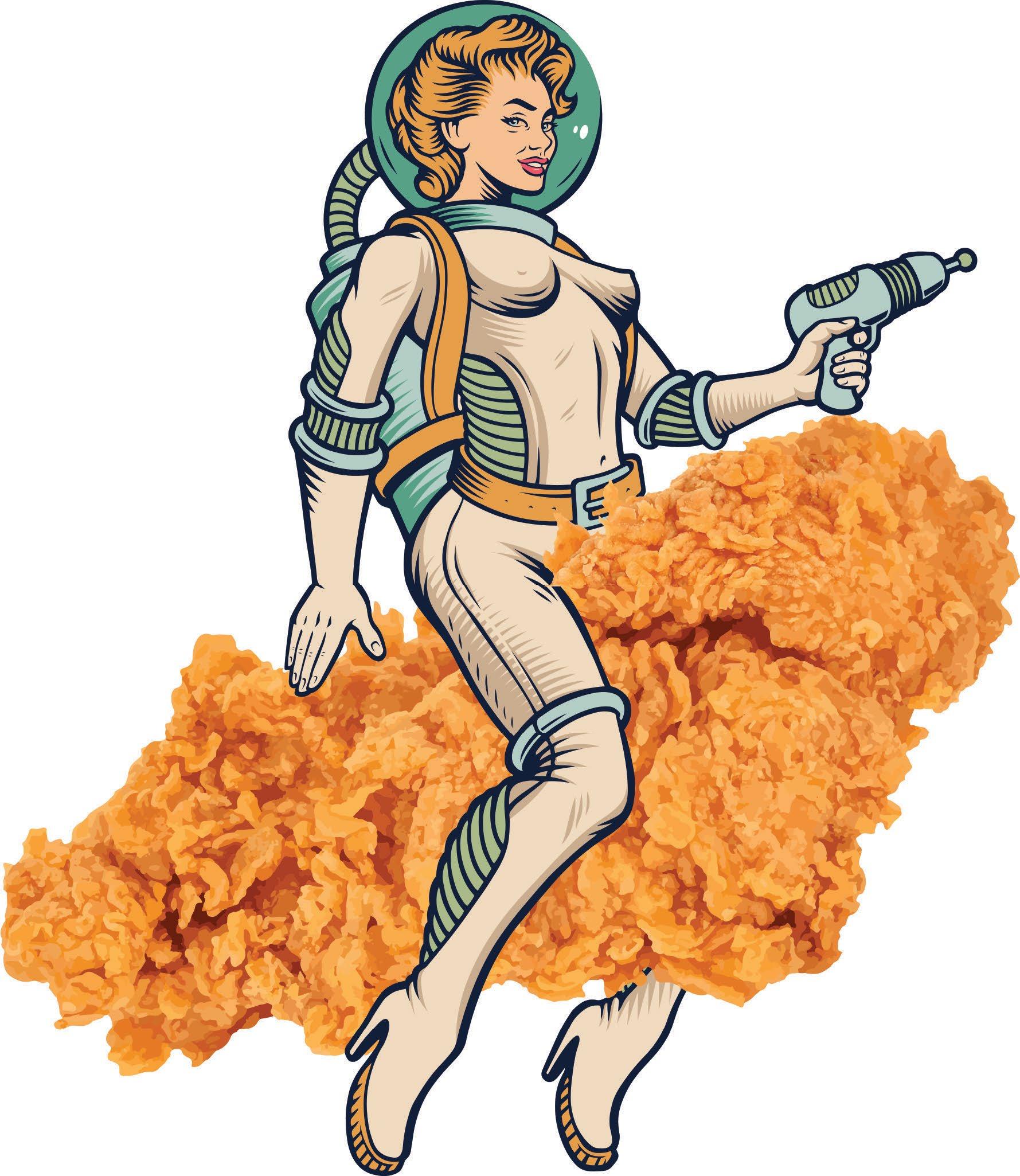


BY ROWEN CLARK


Joe Hertler & The Rainbow Seekers create music that feels like a celebration of life itself. With a sound that weaves together funk, soul, folk, and indie pop, this Michigan-based band promises to deliver more than just a concert—they offer an electrifying experience filled with joy, color, and energy. Led by Joe Hertler’s captivating vocals and poetic storytelling, the group’s live performances are a feast for the senses, turning every venue into a space where audiences can dance, connect, and revel in the moment.
The story of Joe Hertler & The Rainbow Seekers began over a decade ago, when Hertler’s distinctive voice and heartfelt songwriting started gaining attention in the small college town Mt. Pleasant, Michigan. His blend of poignant lyricism and uplifting melodies drew in guitarist Ryan Hoger, soon followed by other talented musicians, eventually forming the ensemble we see today. Musically, the band defies easy categorization and their sound spans genres and eras. With echoes of Motown’s soulful grooves, the grit of Americana, the playful rhythms of funk, and the introspective warmth of folk artfully put together to create a unique yet familiar sound. At times, their songs may feel like they belong on an indie rock album—until you find yourself swept into a funky groove or a spirited saxophone solo, seamlessly blending the unexpected.
Their albums, including Terra Incognita (2015) and Paper Castle (2019), showcase the band’s versatility and put the band on the map in their early professional careers. Like it was for a lot of artists and musicians, 2020 was a
difficult year for Joe Hertler & The Rainbow Seekers, but also a time of significant growth. “If anything was gonna kill the Rainbow Seekers, it’s probably going to be this,” Hertler told BandWagon in a recent phone conversation, reflecting on the challenges the band faced during the pandemic. With live performances—such a vital part of their identity—stripped away, Hertler admits, “I mourned it,” acknowledging the loss of the live music experience. In response, he turned to songwriting as an outlet. “I just started writing,” he said, explaining how he channeled his feelings into creativity. By the time he was ready to return to the studio, he had written 30 to 40 songs. “You just kind of find them, looking in the places where they hide,” Hertler noted, emphasizing the organic process. With the future uncertain, Hertler felt a deep desire to ensure that these songs were his strongest yet. The band began recording in 2021, and in that process which included trips to Nashville to finish the record, they finished the project in late 2022. The result was Pursuit of Wonder, released in 2023.
Now, the band is back on the road, touring in support of their latest release, this most ambitious record to date. Pursuit of Wonder is easily their most expansive and ambitious album yet. While the record leans more into pop influences, it still carries the familiar array of sounds that define the band’s eclectic style. Despite a slightly broader sonic scope, the tracks stay grounded in the band’s signature funk roots. Songs like “Marrow Dream” and “The Last Ovation” have a cinematic,
introspective quality and iconic indie pop sound that could easily fit on a Death Cab for Cutie EP, while “What I Want” stands out as one of the funkiest pop tracks the band has ever released.
But for Joe Hertler & The Rainbow Seekers, the live performance is where the real magic happens. As Hertler himself says, “The live show is the purpose of the band. This is why we make music.” Every performance feels like a celebration, with the band throwing everything they have into the mix—flowers, confetti, costumes, and even the occasional sword battle in the early days. “We’re a little more tight now.” Hurtler chuckled as he recalled past stage antics. “When we were starting out we’d do some stupid stuff that was always fun… There’s a level of pageantry to our set that has become a part of it.” he admits. “I don’t want to overshadow the music but I love elevating the show in these sorts of ways… We change up the setlist everynight and dress it up and try to create something that can just break up reality a little bit.” Hurtler says. Whether it’s at a festival like Bonnaroo or Electric Forest, or an intimate venue, a Rainbow Seekers show is always a sensory experience.
SO, IF YOU’VE BEEN WAITING TO DISCOVER THE MAGIC OF THE RAINBOW SEEKERS, NOW’S YOUR CHANCE. THEY’RE SET TO PLAY ONE NIGHT IN COLORADO THIS FALL FOR WHAT PROMISES TO BE AN UNFORGETTABLE SHOW TO THE MOXI THEATER IN GREELEY ON SUNDAY, OCTOBER 27, 2024, WITH SPECIAL GUEST JUDY BLANK.




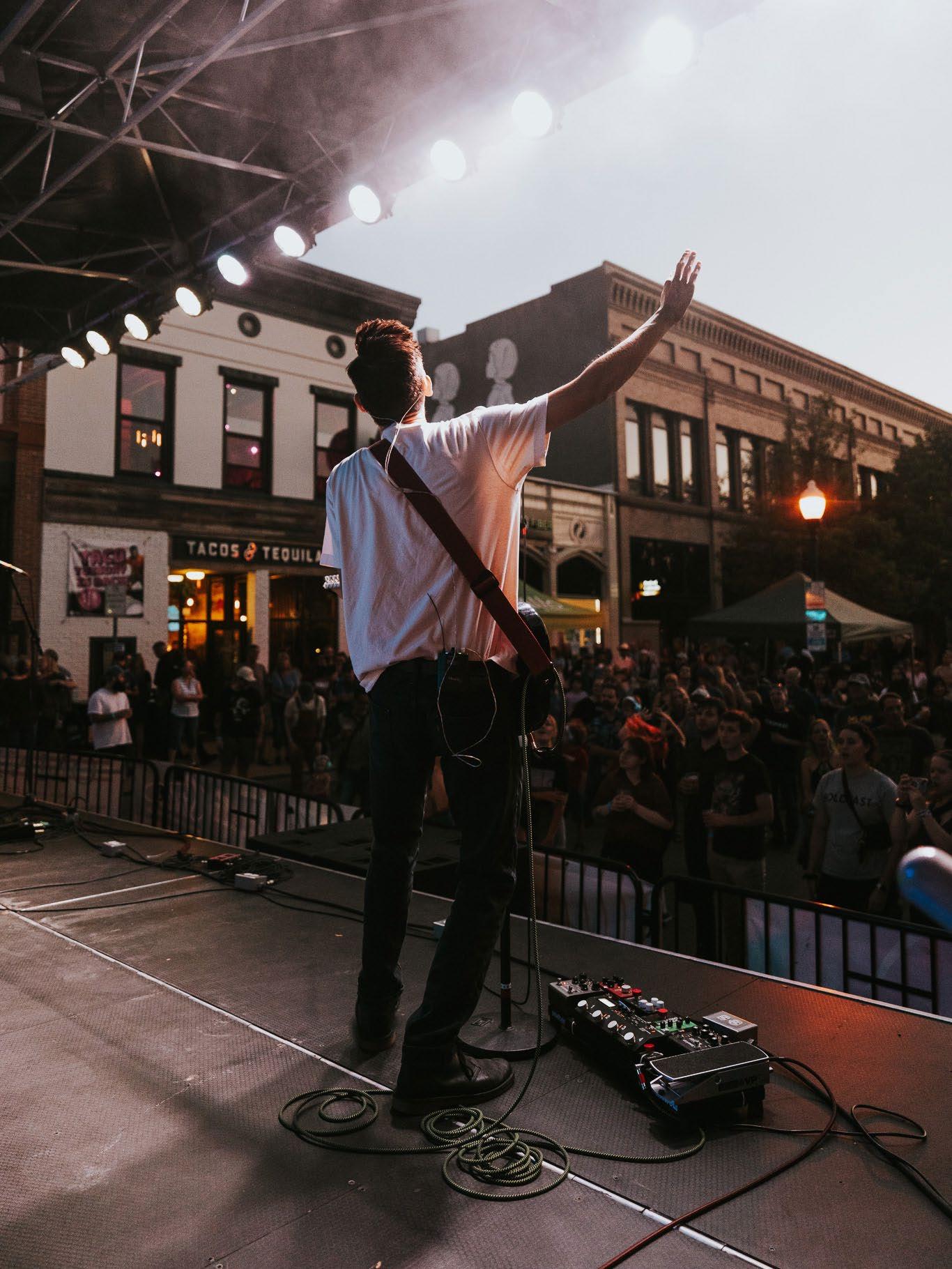

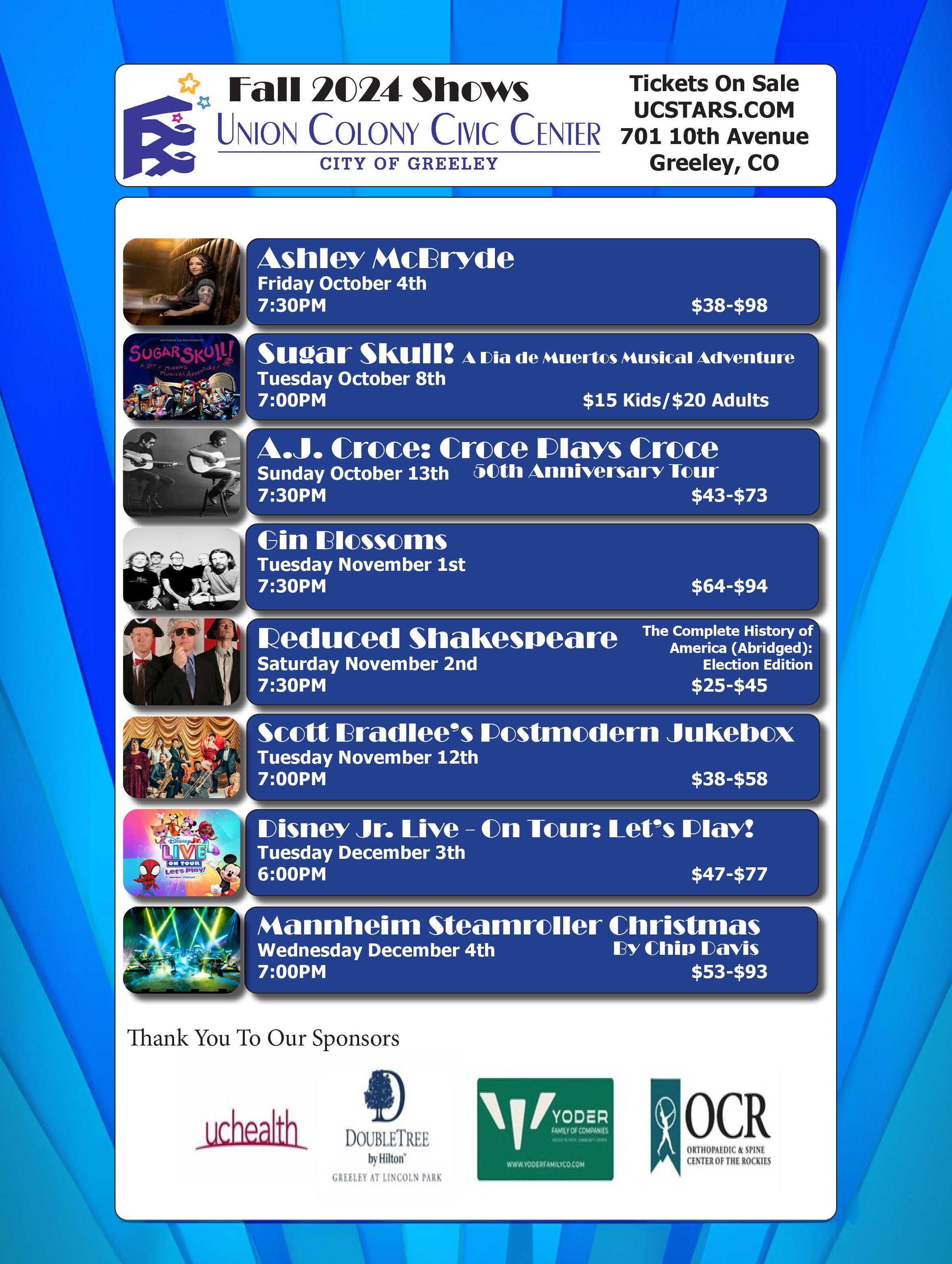

BY BANDWAGON STAFF
aitlin Butts’ Roadrunner is a testament to her dynamic storytelling and deep understanding of the complex nature of love, set against a backdrop of distinctly Western sounds. With a touch of theatrics inspired by Oklahoma! , this album brings together narratives of passion, revenge, devotion, and heartbreak, offering an insightful exploration of relationships from multiple angles.
Right from the start, Roadrunner sets itself apart by blending Kaitlin’s country roots with the sweeping dramas of musical theater, drawing parallels to the emotional depth of Rodgers and Hammerstein’s famous work. The album ventures into the full spectrum of love and relationships, from the empowering “I Can’t Have You” to the tender “Come Rest Your Head (On My Pillow)” with Vince Gill. These contrasts highlight the album's central theme: love is multifaceted, sometimes fierce and rebellious, other times soft and comforting.
One of Butts' greatest strengths lies in her ability to challenge traditional gender roles in country music. Songs like “Hunt You Down” and “Other Girls (Ain’t Having Any Fun)”
flip the script on expected dynamics, presenting female characters who are unapologetically assertive. But this isn’t an album solely about defiance; tracks like “Buckaroo” and “Followed You to Vegas” introduce the idea of devotion and vulnerability, making the emotional journey feel real and relatable.
Butts' real-life relationship with her husband Cleto Cordero, frontman of Flatland Cavalry, clearly influences the album’s narrative, adding a layer of authenticity. Through these personal connections, Roadrunner becomes more than just a collection of songs—it’s a reflection of her own experiences, struggles, and joys, brought to life in poetic and often gritty lyrics.
Musically, Roadrunner finds a perfectly theatrical balance between traditional country instrumentation and modern influences, with a Western aesthetic that stays true to Kaitlin’s Oklahoma roots. Though some songs, such as “If I Can’t Have You,” break from this with a more rock-inspired sound, they still fit within the album's thematic universe, while showcasing Butts’ versatility as an artist. Ultimately, Roadrunner leaves
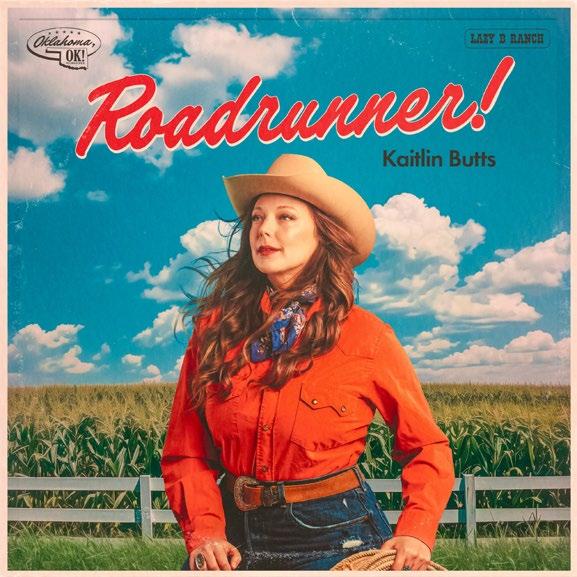
listeners both satisfied and curious. The unresolved fates of some characters and the open-ended storytelling invite multiple listens, encouraging a deeper dive into the intricacies of each song. In the end, the album stands as a bold and thoughtful piece of work, one that challenges the listener to embrace the messiness of love and human emotion.
This is an album that doesn’t just tell stories—it makes you feel every twist, every turn, and every ounce of heart that Butts pours into her craft. Roadrunner solidifies Kaitlin Butts as a rising force in country music, capable of blending tradition with innovation in a way that feels both fresh and timeless.



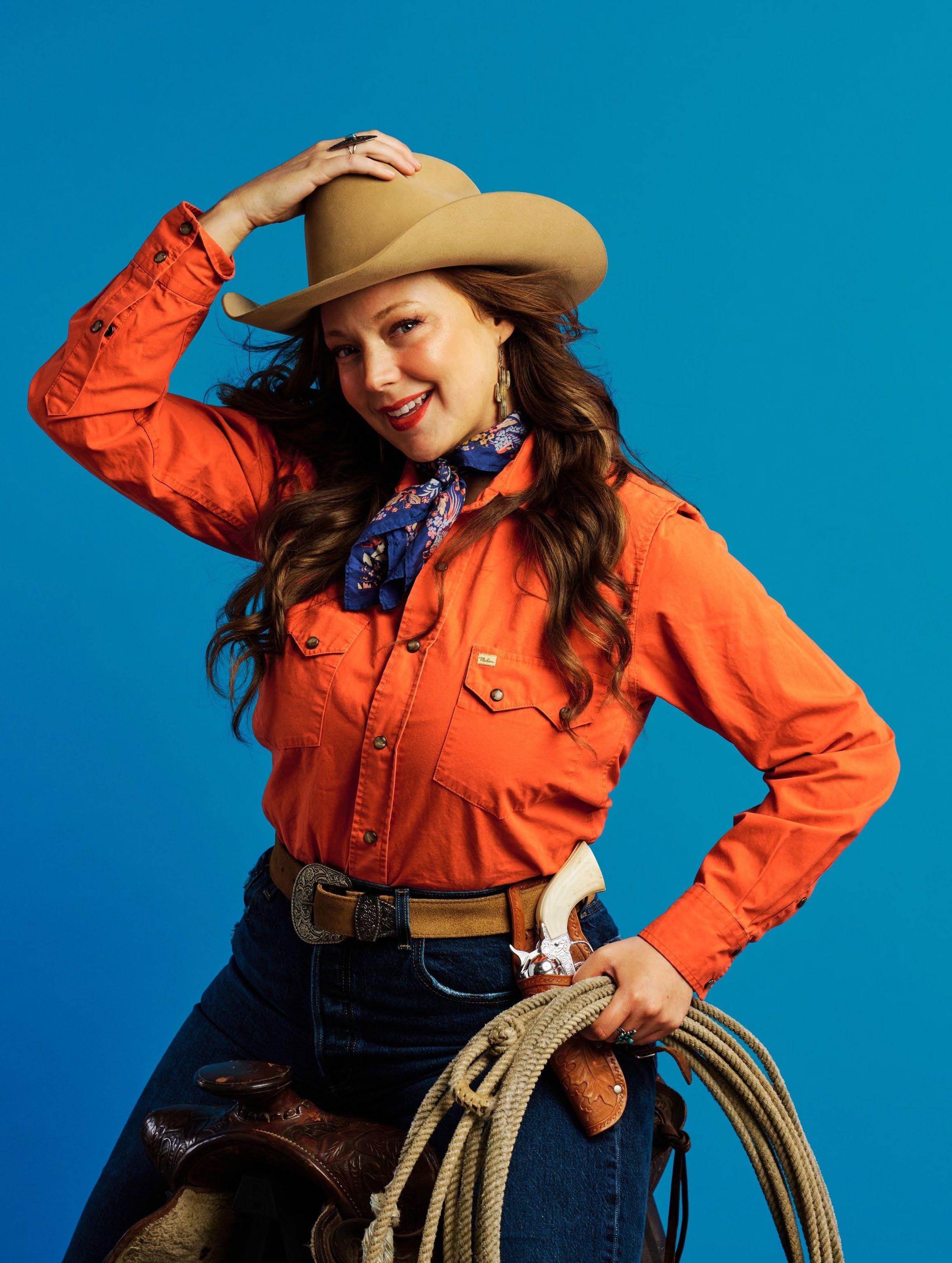





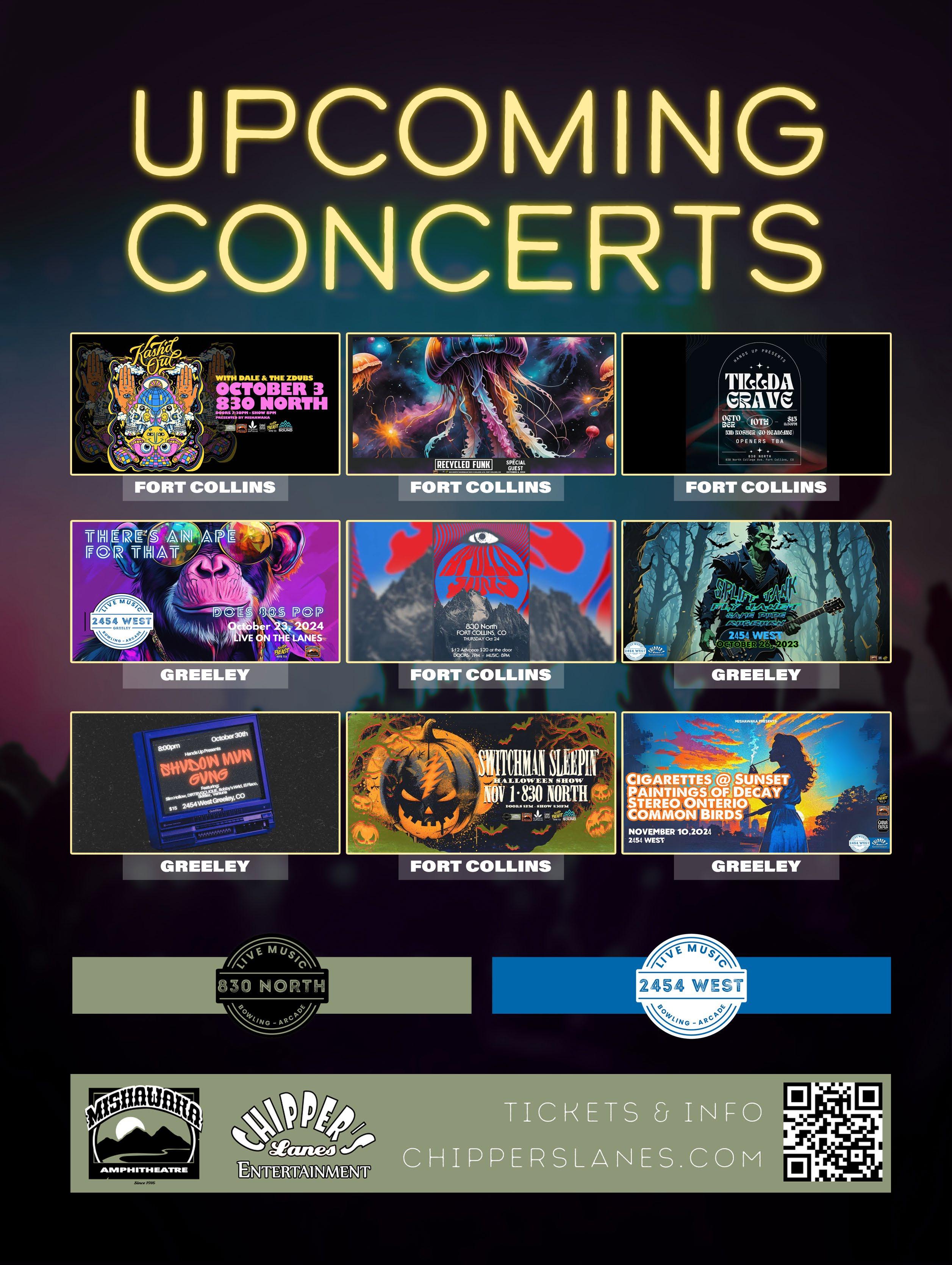
BY LANDON UNGERMAN
Mya Mini, better known by her alias Molly Santana, is quickly carving out her lane in the underground rap scene. Born in 2004 and of Japanese-American descent, Molly has made waves with a relentless grind, a distinct look, and a sound that’s impossible to pin down. After coming off tour with Ski Mask the Slump God, her rise is happening fast, thanks to the authenticity behind her movement, which cuts through the noise of an increasingly competitive underground.
Molly Santana was never one to chase trends or bank on viral moments. She built her presence from the ground up, starting on platforms like SoundCloud and TikTok, where her gritty, experimental sound first caught fire. Early tracks like “Wreck It” and “Red Dot” drew listeners in with their raw energy, but what really hooked people was how different she felt from the usual wave of underground artists. Tracks like these captured the grind and hunger that Molly lived every day, which hit home with the angsty listeners on the other side.
Before her music took off, she wasn’t in some flashy studio; she was clocking hours at Little Caesars to keep the lights on while perfecting her craft. The hustle wasn’t just a talking point in her lyrics—it was her life. That grounded approach bleeds into everything she does, from her sound to her presence. Her fans, many of whom have followed her since her early SoundCloud days, connect with that no-nonsense vibe.
Her latest project, Masonic Musik, is a perfect reflection of that ethos. The EP, which dropped in September 2024, balances the chaos of underground rap with a more polished, confident approach. Tracks like “Windows Up” capture Molly’s ability to flex on her past struggles while celebrating her grind. The song’s hook— “You can’t sell me no dream, I’ve been juggin’ finnesin’ since I was a teen,” —is about self-preservation, blocking out the noise while staying focused. That focus has been a constant for Molly, who’s made it clear in interviews that she’s aiming to grow beyond the underground. The pop sounds and visuals on Masonic Musik are raking in a new set of fans.
What sets Molly apart isn’t just the music but her unique expression of style and fashion, which has landed her in tight cultural spaces across the globe. Originally known as a streetwear influencer, she gained traction on social media in 2019, and her frequent hair color changes have become a part of her signature look. One minute she’s at a high-fashion event in Paris, and the next she’s back in the studio collaborating with underground icons. Her recent link-up with Lil Uzi Vert is a testament to how her hard work is paying off, but it’s also a full-circle moment—she used to translate Uzi’s lyrics for her mom before she ever imagined working alongside him.
From working dead-end jobs to now releasing a project with buzz in both underground circles and beyond, Molly’s journey is one of persistence and authenticity. Masonic Musik isn’t just another EP; it’s a milestone for an artist who’s worked tirelessly to get here. Molly Santana is far from finished, and people are listening.
